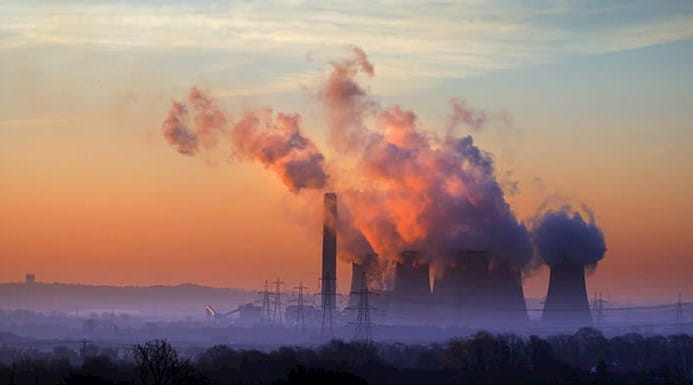Instead, the 2021 WTO report seeks to overturn current assumptions that economic efficiency is incompatible with economic resilience and that the world now faces a binary choice.
“Restricting trade and promoting national self-sufficiency almost inevitably render national economies less efficient in the long run, as such policies ultimately drive up prices of goods and services and restrict access to products, components and technologies. While national supply chains can reduce exposure to risks emanating from other countries, they increase domestic vulnerability to supply cut-offs and demand shocks resulting from domestic disasters,” the report says.
The hyper-connected global economy with its deep trade links made the world more vulnerable to the health and economic crisis caused by the COVID-19 pandemic, delivering unprecedented shocks to global supply chains and trade relations among countries.
The WTO says that in 2020, the value of global trade in goods and services in nominal dollar terms fell by 9.6%, while global GDP fell by 3.3% – the most severe recession since World War II.
However, the WTO analysis shows that the global economy proved more resilient than expected. The report argues that trade “is a means to build and support economic resilience, particularly if it is backed by relevant domestic policies as well as effective global cooperation and rules”.
According to the WTO’s most recent forecast, global economic output (at market exchange rates) is projected to recover by 5.3% this year. This has been, in part, thanks to the robust recovery in merchandise trade, which is set to rise by 8% in 2021.
COVID-19 has underlined to the world’s leaders that climate change is driving surges in extreme weather events that can have devastating effects. Human encroachment on animal habitats is also increasing the risks of spreading zoonotic diseases, which could potentially lead to another pandemic. Cyber attacks and data fraud are expected to continue to increase. And it is the world’s poorer countries and most vulnerable people that suffer the greatest impact, leading to rising inequality and political uncertainty.
These risks can, however, be mitigated with relevant domestic policies as well as effective global cooperation and rules, the WTO report argues.
The report says: “Trade can contribute to speeding up economic recovery from crises, thanks to sustained foreign demand on the export side and the availability of intermediate products and services on the import side. It can be an important recovery mechanism for many developing and least-developed countries, which have limited ability to spur economic recovery through fiscal stimulus packages. Trade has proven to be resilient and has been driving the recovery from the COVID-19 pandemic.”
Trade: clean growth and tech
Clean growth and the application of major emerging technologies to existing sectors are two key characteristics of trade in 2022. Add to these levelling up supported by foreign direct investment, and there are exciting future prospects for business and the prosperity of communities globally.




